On a recent Friday afternoon as about 50 workers quietly picked tomatoes at a farm in Brentwood, California, Marivel Mendoza and Dorina Moraida set up tables on the dusty road skirting the expansive field.
The women, both first-generation Mexican Americans and daughters of field workers whose parents started out working in the fields, offered donated water, breakfast burritos, and kits with masks, gloves, hats, and goggles to protect the workers from getting COVID-19.
And on this day, the 2 co-founders of the all-volunteer group Hijas del Campo, or daughters of the field, were partnering with volunteers from Contra Costa Health Services who provided COVID-19 tests and vaccinated 10 workers after their shifts ended. The organization was started by 4 women, all daughters of field workers.
LIKP_Hijas2
Hijas del Campo is one of nearly 120 organizations that received a total of $10 million in funding from Kaiser Permanente to reduce vaccination barriers and ensure everyone who wants to get vaccinated can do so.
The migrant field workers often work 7 days a week and might not have time to seek a vaccine, so bringing health information and vaccines to them in the fields is a way to ensure they receive protection against the virus.
Because they are children of field workers, Hijas founders have been able to build trust among the workers, and they have used that trust to reassure workers that they will not be asked for residency documentation or be denied the vaccine.
“If we came out here with our van by ourselves without Hijas, there would be no way for us to get the vaccines to them,” said Diana Aleman, a community health ambassador with Contra Costa Health Services. “We need that trusted bridge and Hijas provides it.”
When they are not helping provide COVID-19 vaccines and health information in the fields, Hijas is coordinating food, household, and school supply donations to the workers at their homes and in the fields.
“We’re working to combat food insecurities because a lot of the people don’t qualify for the federal stimulus checks,” said Mendoza. “They’re really just scraping by.”
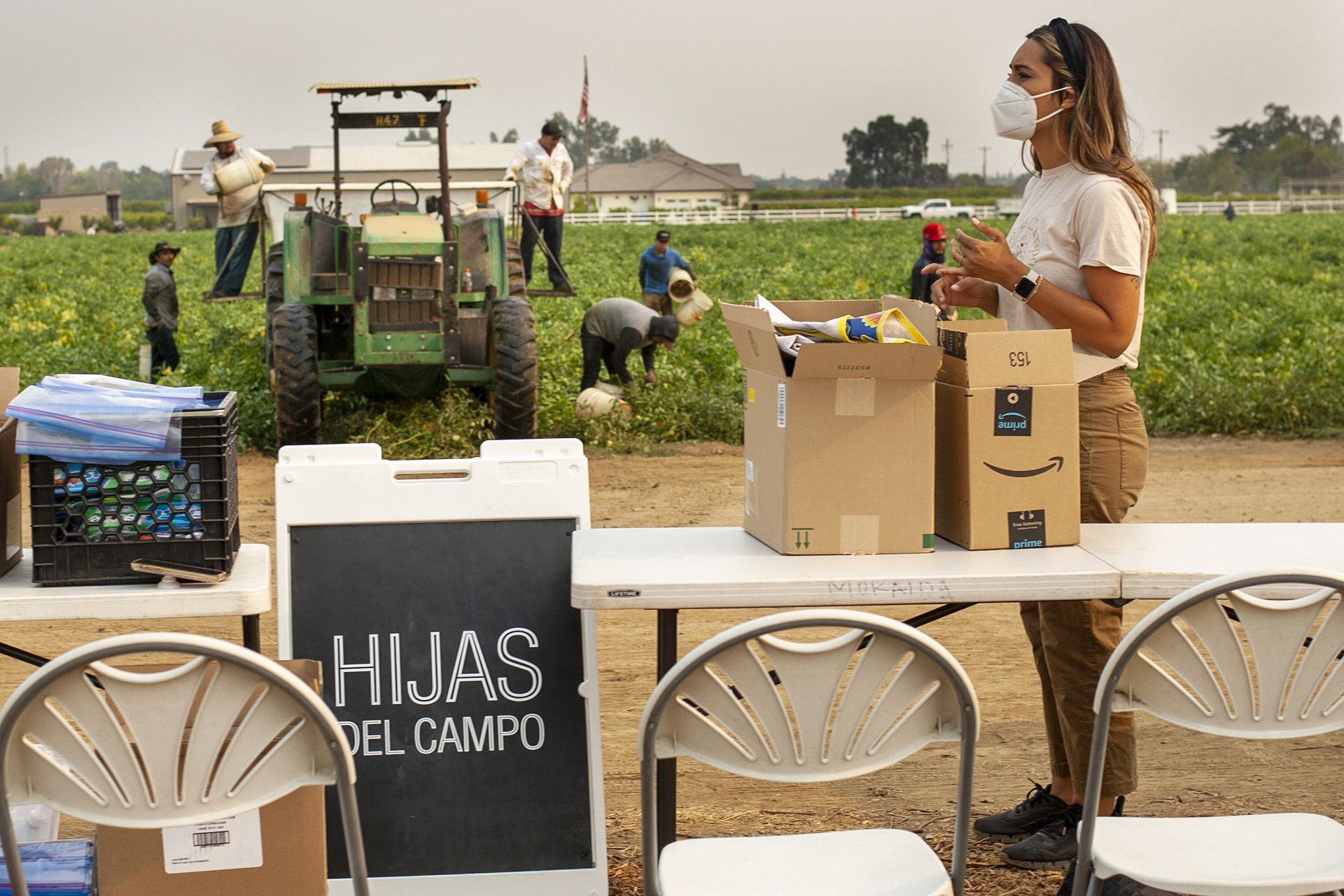
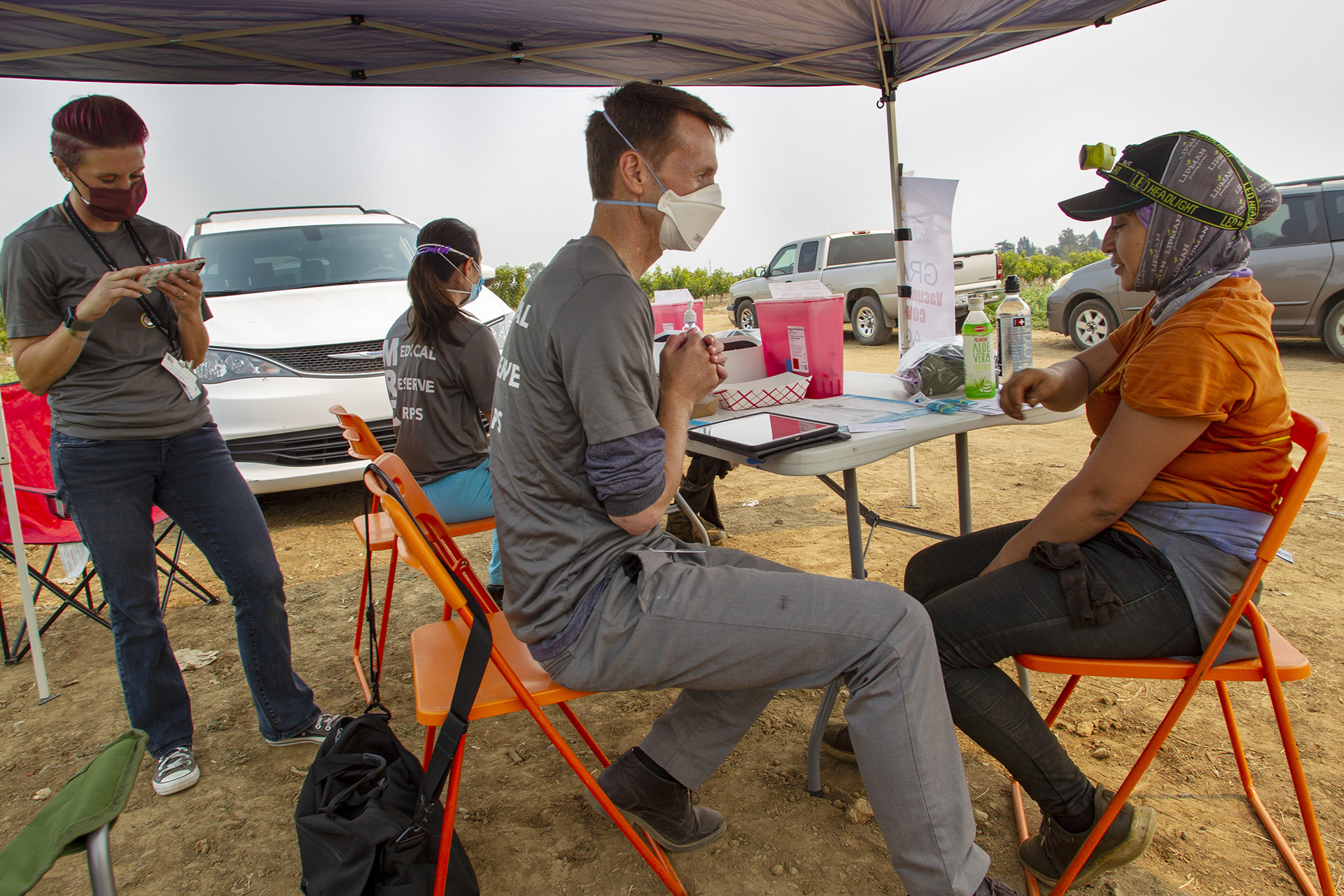
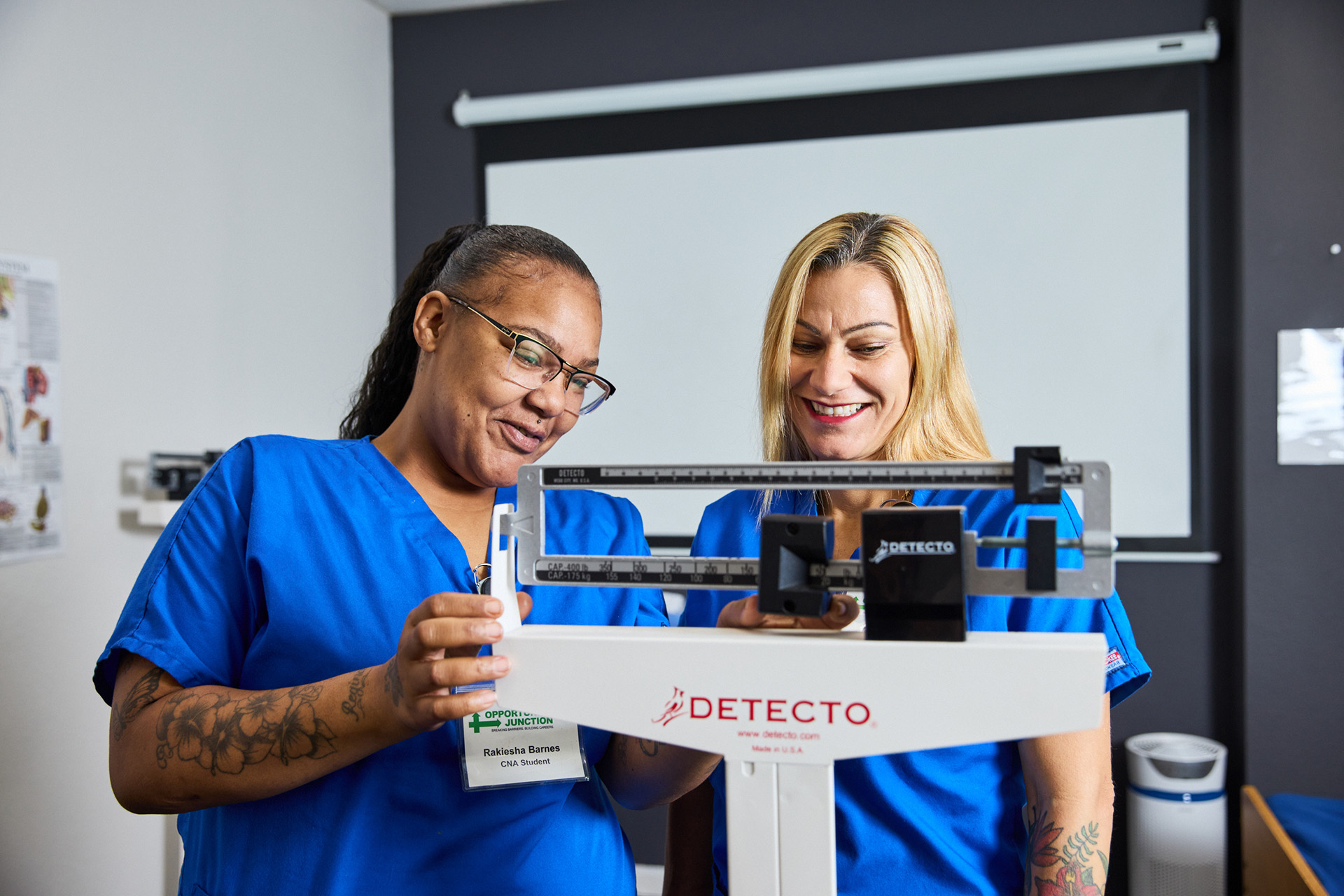
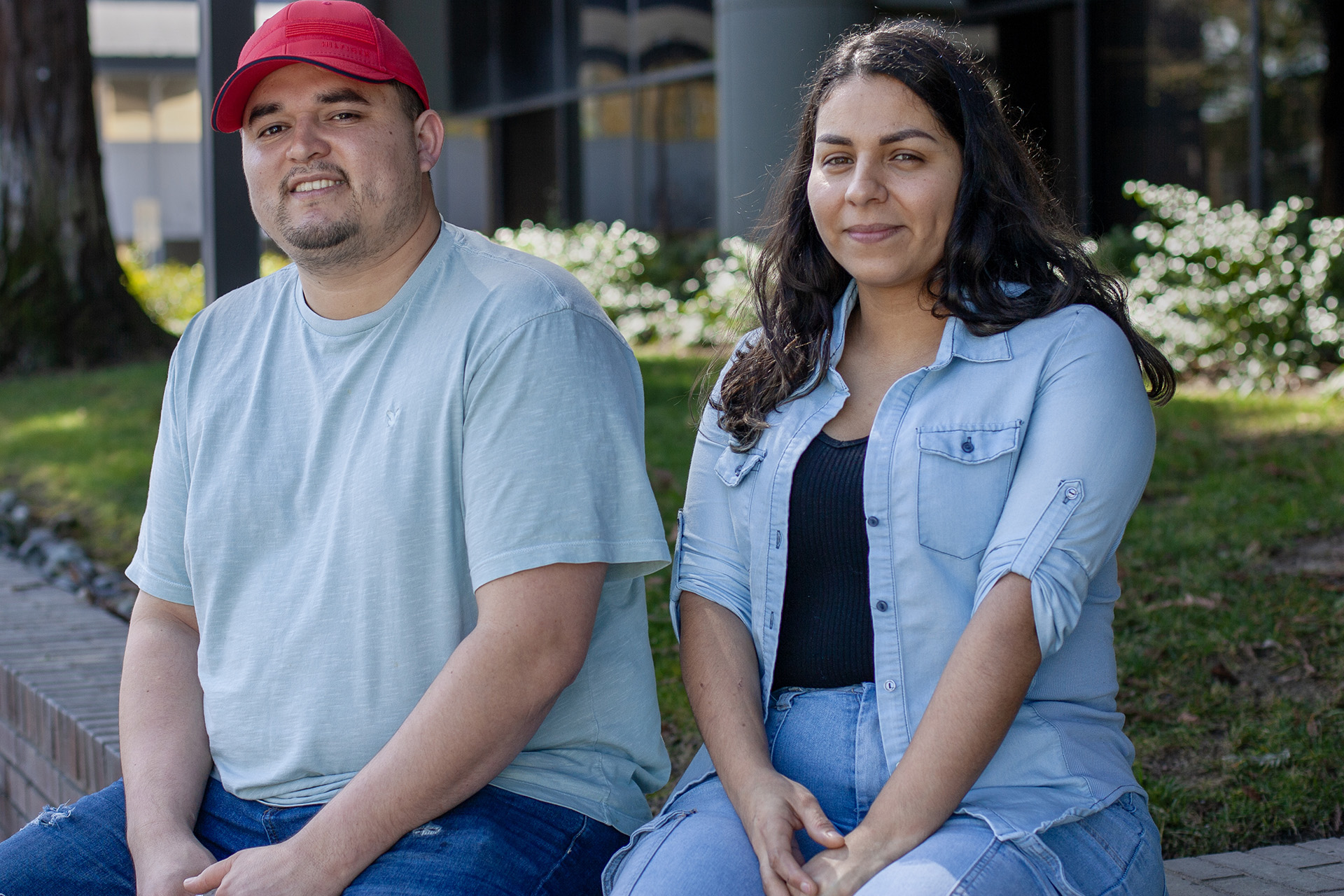
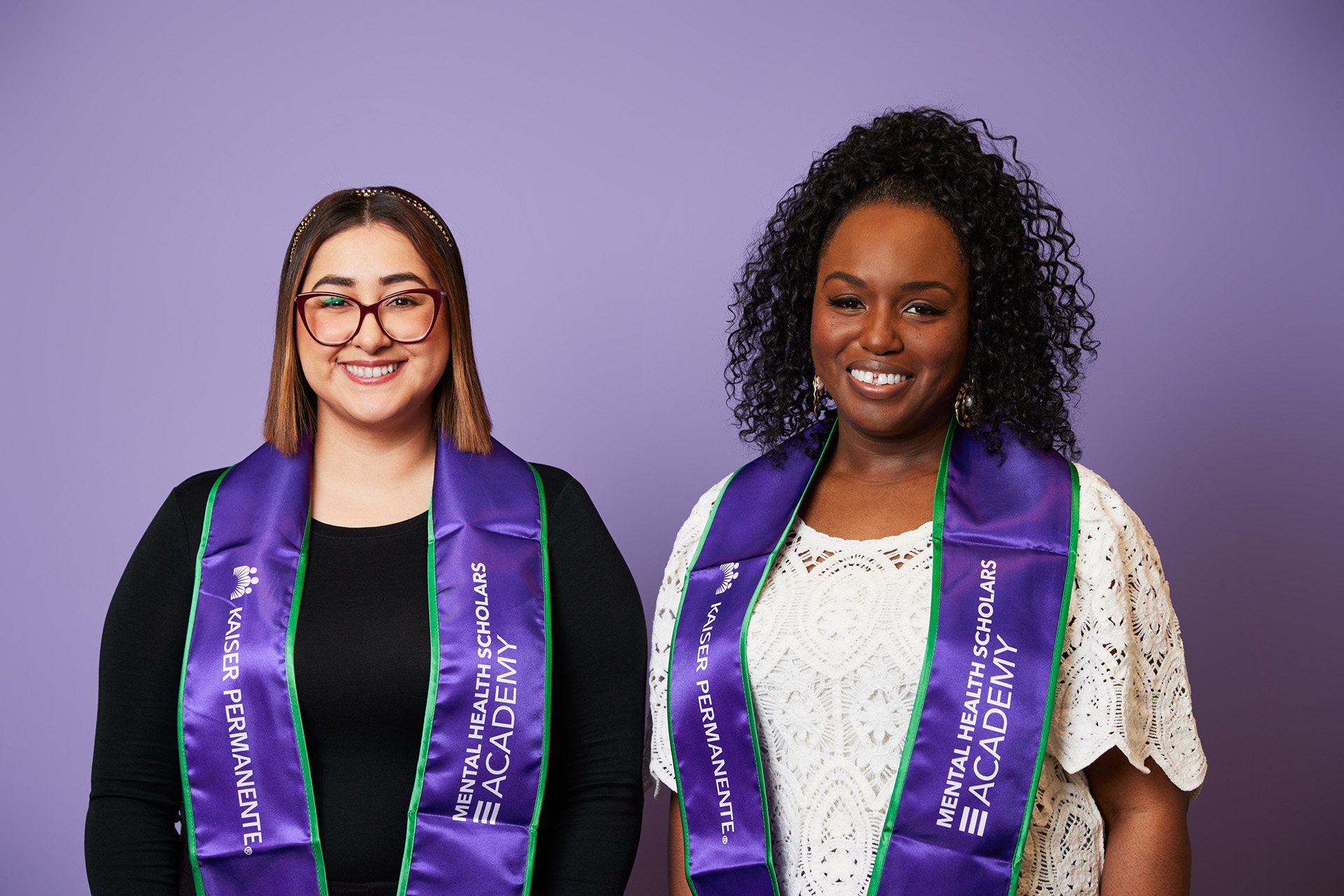
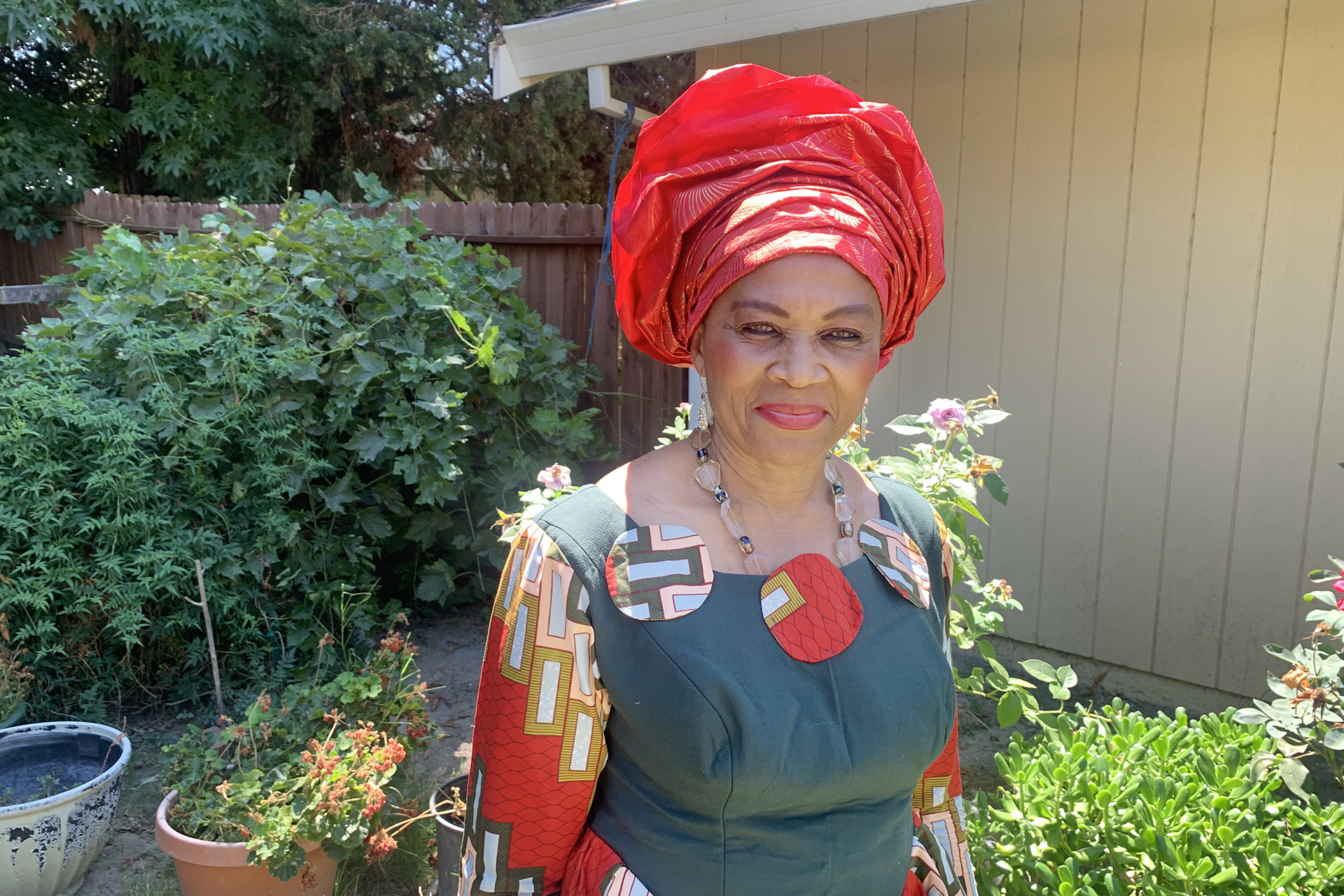
This Post Has 3 Comments
These ladies are great role models on how to take action for the health and safety benefit of those in the community. Great story and pics!
Thank you Kaiser for partnering with these organizations to serve our underrepresented members of society! These hard working people deserve our attention and to stay healthy.
It is so nice to see positive Good deeds celebrated!